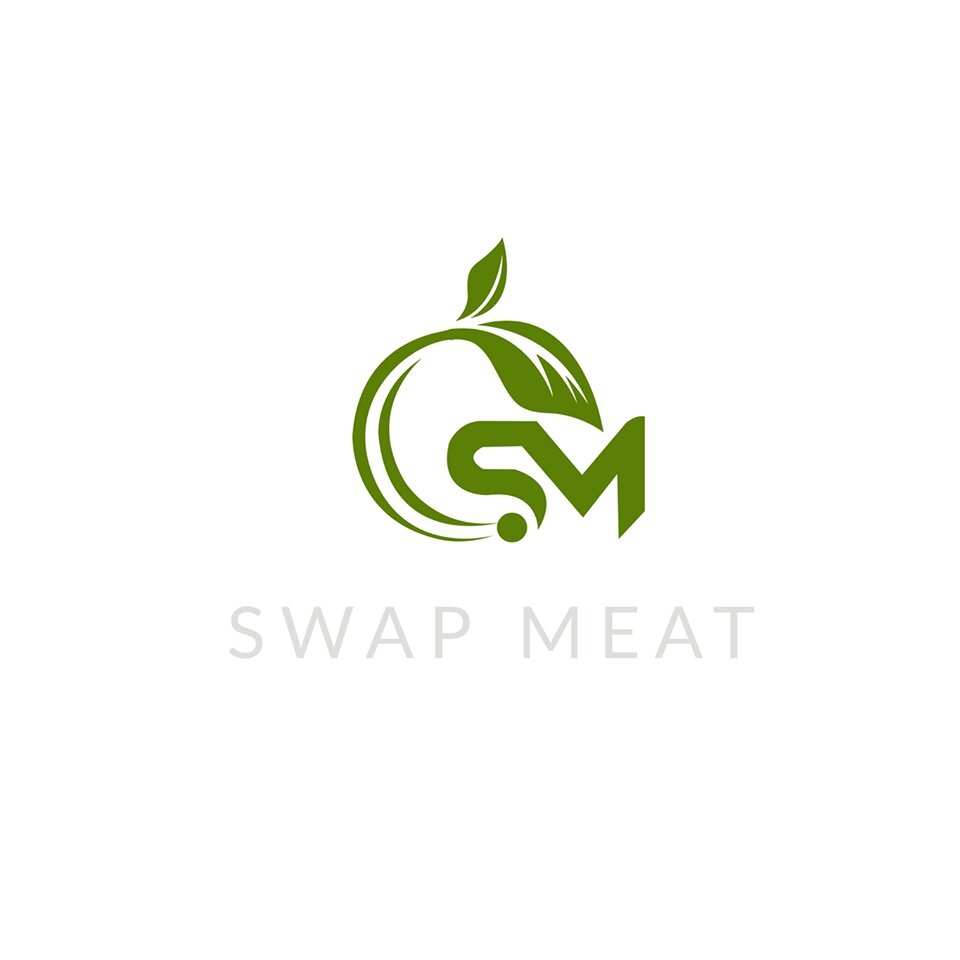With two weeks down and just two weeks to go, we are halfway through our Let’s Go Vegan online programme and I can hardly believe it. The pace should be no surprise really, as most events during the lockdown period seem to simply fly at record speed; and this four weeks feels exactly the same—super fast, yet loads of fun!
To take a peek into what we’ve been up to, here’s a quick recap:
Week one, which focused on the many health benefits of plant-based diets was awesome! Participants learned how to differentiate a ‘meat-free’ diet from a nutrient-rich plant-based diet, and all the elements required to achieve the best results. Any good nutritionist will tell you that what you leave off your plate is important, but what you include on your plate is crucial as well. Similarly, whole food plant-based diets don’t simply eliminate meat products, but they include fruit, vegetables, whole grains, legumes, nuts and seeds. Get that combo right, and you’re well on your way to some amazing results.
plant power!
After highlighting all the nutritious foods included in a healthy plant-based diet—which I like to think of as ‘HOW’ the diet works—we were then able to slow down a bit to learn WHY the diet works, which some call ‘the Power of Plants’ (I just love a dramatic title).
We also looked at an amazing scientific study where early-stage prostate cancer was slowed, stopped, or reversed in patients who followed a plant-based diet and lifestyle intervention (Ornish, 2009). These studies are fascinating, and I simply can’t get enough of hearing about their life-changing outcomes.
As you can probably tell, interventions are truly my thing! I think what I love most about them is the opportunity to watch a person’s life change dramatically just by altering a few habits—it’s simply fascinating stuff. And according to many health studies, you don’t even need to make drastic changes before you begin to see positive outcomes. I know this first-hand from my personal plant-based journey as well as my experiences as a nutritional scientist. Participants in my interventions saw significant changes in cholesterol and unhealthy fats just by making partial changes over a few weeks’ time. In fact, some people report experiencing positive changes in less than a week, and these benefits motivate them to keep moving forward, which is really encouraging!
Barriers standing in our way…
So with all of these fab benefits, why aren’t more people changing their diets??? Great question—here’s what the science says. According to studies, the barriers that prevent people from making healthy food changes fall into one of two categories: Practical and Attitudinal.
Practical barriers such as lack of time, financial expenses, and the availability of healthy options often require an external adjustment to our environment or circumstances. However, attitudinal barriers such as the belief that our current diet is healthy; stereotypes related to food choice; and a basic fear of change will require some internal adjustments around mindset and beliefs.
During last Friday’s Let’s Go Vegan seminar, I asked participants to identify the barriers that were keeping them from making a healthy diet change. I asked this question because I sincerely felt that before we could move forward into the next three weeks of the programme, we would need to overcome these barriers to optimise our chances for success. And here’s what they told me…
Thanks to today’s fab technology, participants were able to enter their thoughts and ideas in real time, and as each barrier—both perceived and practical—popped up on the screen it was fascinating to see the most popular answers grow larger than the rest, creating a colourful word cloud. From this brief exercise, it was easy to see that many people felt that their budget was a major barrier toward a dietary change. I imagine that their budgeting concerns ranged from the fear of purchasing expensive trendy vegan products to simply the fear of the unknown, in terms of changing their weekly shopping bill, especially during a pandemic. [To learn how to go vegan on a small budget, have a look at this article in The Independent, which has quoted my advice on the subject.]
Week 2: Making a Change!
In order to overcome the barriers identified in week one of Let’s Go Vegan, in week two, our Meal Planning session, we tackled them head on with some practical solutions. We discussed loads of vegan options, including store-bought alternatives as well as simple inexpensive meals which can be made at home, such as chickpea ‘tuna’ and DIY vegan cheeses, which are easily whipped up in a blender. I also talked through a list of vegan pantry staples that every home should have as a survival kit, during the lockdown period and beyond. We then looked at some mouth-watering vegan meals that Swap Meat has created, so that they would understand exactly how to #get the flavour onto their plates—which my company is extremely serious about. Flavour is so important when it comes to the enjoyment of our meals, and vegan food should be no different. Just because it’s good FOR you doesn’t mean that it can’t also be good TO you—Never forget that!
In summary, by the end of session two, I feel that everyone was left with four words on their minds: I CAN DO THIS! And guess what—so can you!
If you want to join us for Week 3 of Let’s Go Vegan, where we will talk about how you can prevent and fight against specific diseases and ailments right in your own kitchens, sign up below TODAY!


